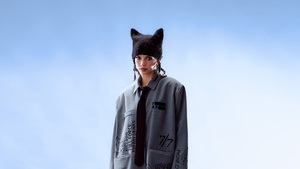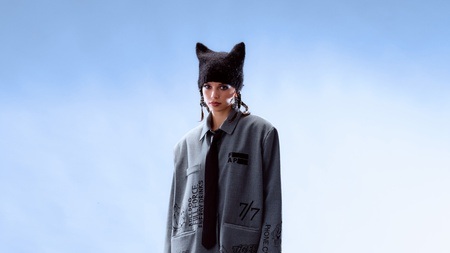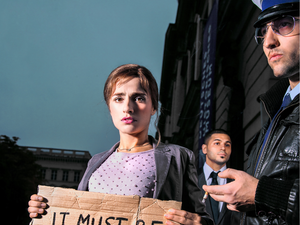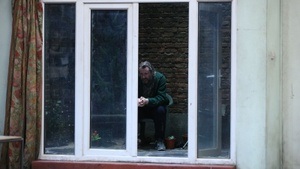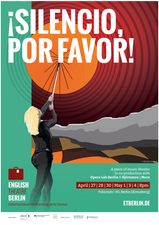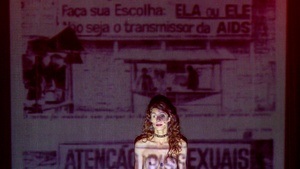PHOTO:
© Foto © 2012, Leo Seidel
Il barbiere di Siviglia
In the organizer's words:
For 200 years, Rossini's BARBIER has been regarded as the epitome of musical comedy: behind the plot around the resourceful Figaro, the archetypes of commedia dell'arte shine through again and again. An ambiguity that also comes to the fore in Katharina Thalbach's racy-vital production ... Conductor: Giulio Cilona / Lorenzo Passerini; Director: Katharina Thalbach; With Matthew Newlin / Juan de Dios Mateos, Alexey Zelenkov / Misha Kiria, Arianna Manganello / Cecilia Molinari / Vasilisa Berzhanskaya, Philipp Jekal / Mattia Olivieri, Gerard Farreras / Patrick Guetti, Flurina Stucki et al.a.The story is turbulent: an old curmudgeon wants to marry his ward in order to get his hands on his considerable inheritance, and takes every possible precaution to block the way to the outside world - and thus to possible young lovers - for the pretty Rosina. But Count Almaviva has long since discovered his love for her. With the help of Figaro, the busy barber, he wants to cheat the old man, win Rosina over and, what's more, ensure that it is not his title or wealth, but love alone that leads the young woman into his arms. No easy task for Figaro, because the opponents spare no effort ... In the end, love wins, and it turns out that all caution was useless!
That this story brings with it a lot of potential for comedy is absolutely clear. "But the funniest thing is the music" - says director Katharina Thalbach. "I was thunderstruck by Rossini's artistry and tempo. ... During rehearsals, I always notice how the music gets into my legs and I involuntarily dance along. It's flirtatious, tingling and simply fun. And this feeling of being alive should come across as much as possible in our production." In the colorful ambience of a southern seaside resort, Thalbach unfolds a turbulent panopticon around the go-getting Figaro, whose inventiveness ultimately overcomes all obstacles.
Pierre Augustin Caron de Beaumarchais (1732 - 1799) invented the character of the equally scheming and shrewd barber and dedicated an entire trilogy of comedies to him, of which the first two parts LE BARBIER DE SEVILLE OU LA PRECAUTION INUTILE (1775) and LA FOLLE JOURNEE OU LE MARIAGE DE FIGARO (1778) in particular became world famous. The third part, L'AUTRE TARTUFFE OU LA MERE COUPABLE, which appeared in 1792, rather took a back seat to the success of its predecessors, perhaps due to the turmoil of the French Revolution. Although the revolutionary potential of the second part of the comedy in particular is most clearly felt in Mozart's ingenious setting - THE HOCHZEIT DES FIGARO - the barber of the first part also possesses a great deal of irreverent temperament, which virtually predestines him to be the main character of a comic opera. Giovanni Paisiello had a resounding success in 1782 with his setting of BARBIERE, so Rossini was up against a seemingly superior model when he decided to make the same material the subject of a comic opera once again. And yet, 34 years after Paisiello's triumph, he succeeded in creating perhaps the wittiest and most fast-paced opera buffa in opera history.
"It was entirely Rossinian in manner, as revealed most sweetly in BARBIER VON SEVILLA. The despisers of Italian music, who also break the baton of this genre, will one day not escape their well-deserved punishment in hell, and are perhaps doomed to hear nothing but fugues by Sebastian Bach throughout the long eternity." (Heinrich Heine) This content has been machine translated.


